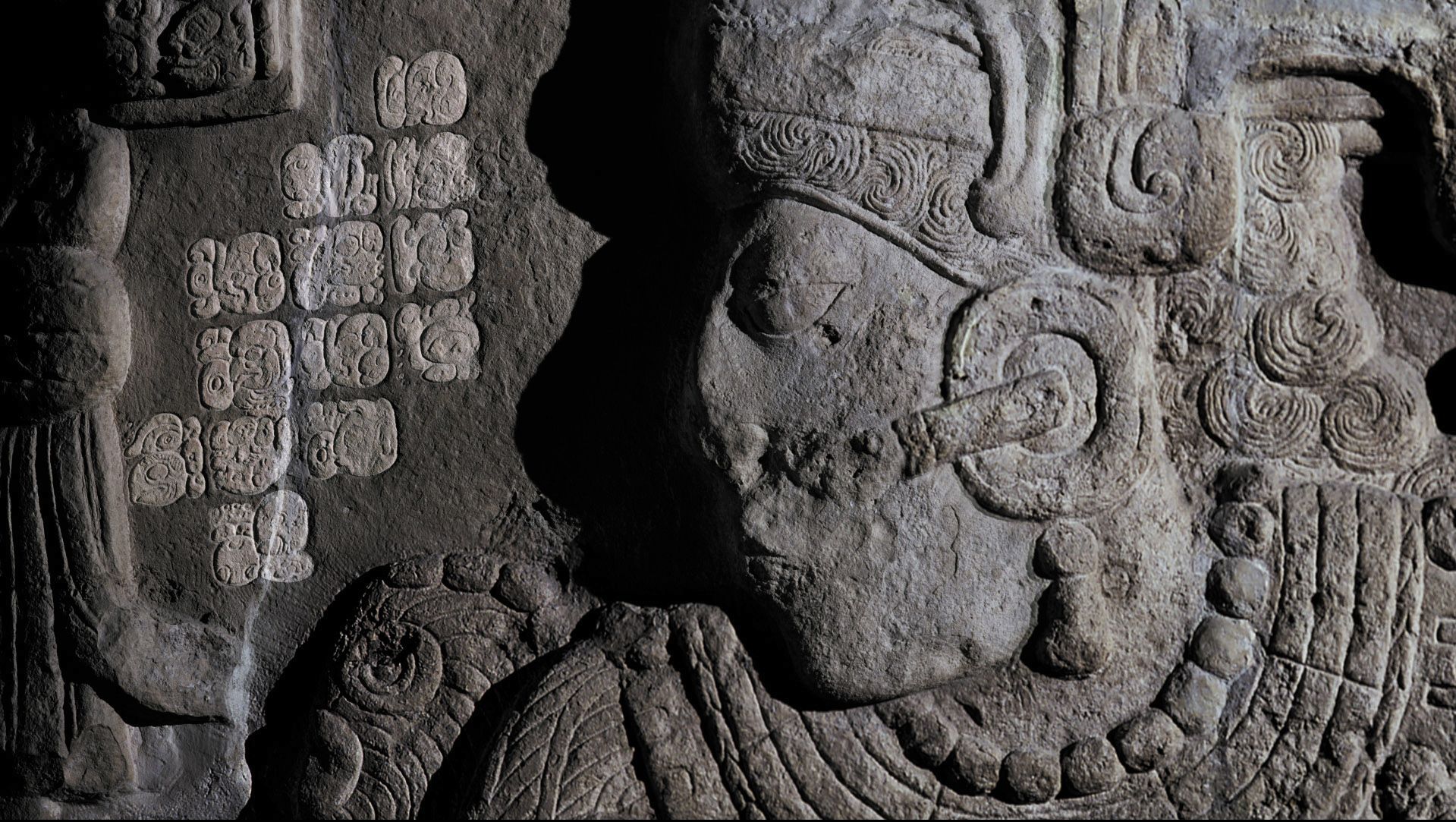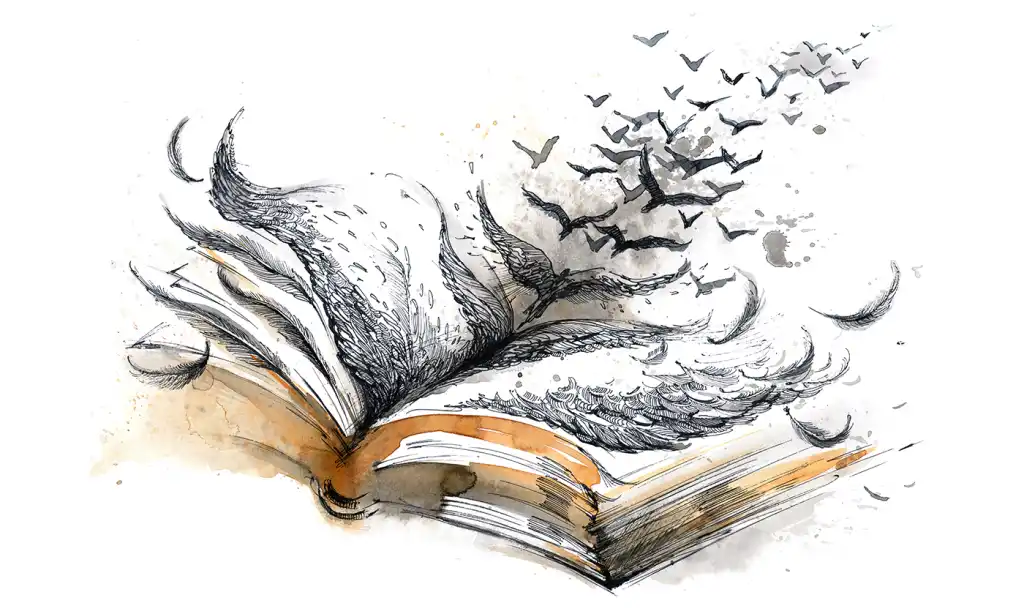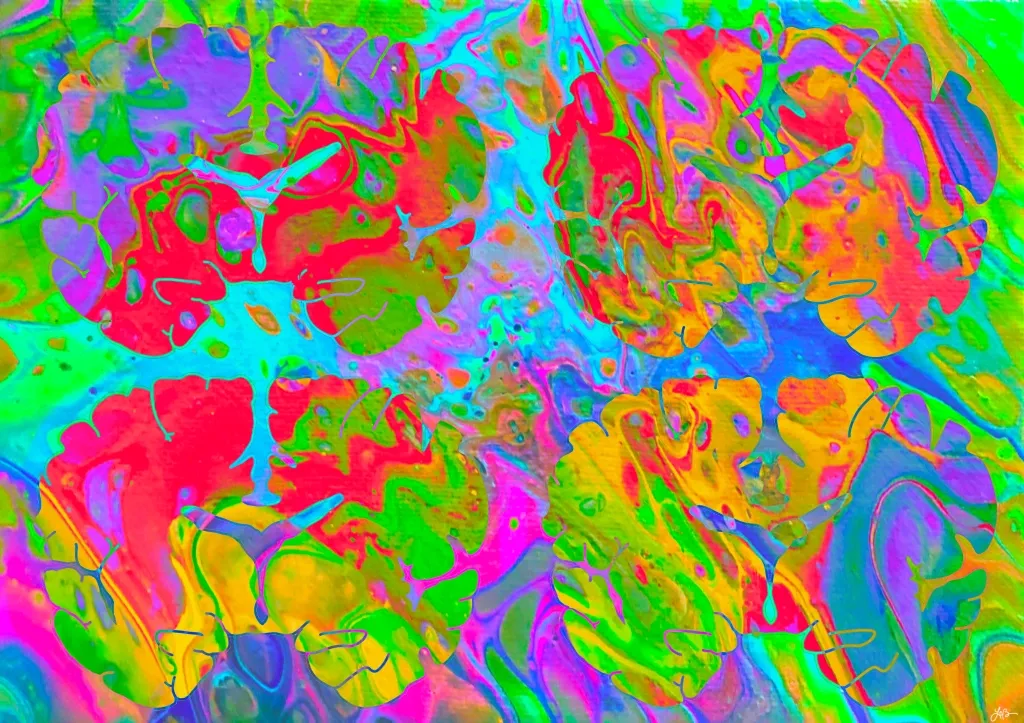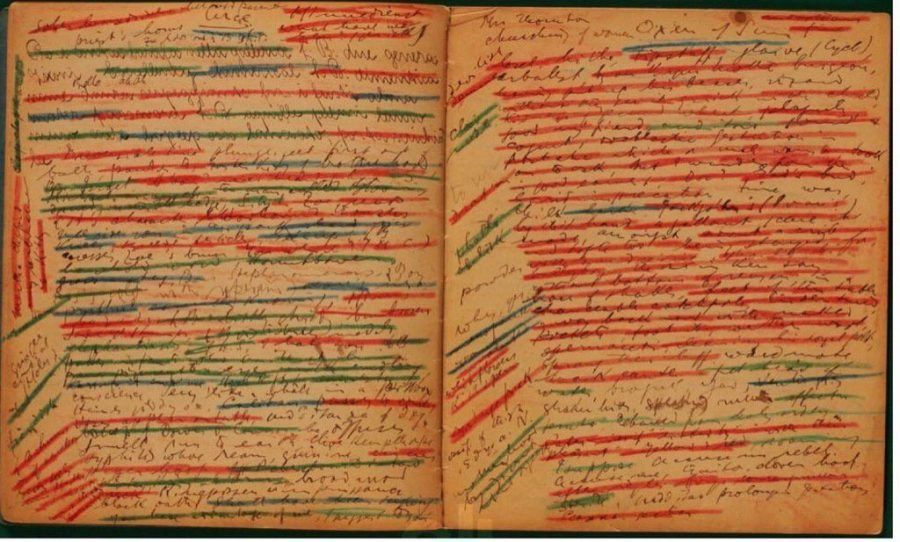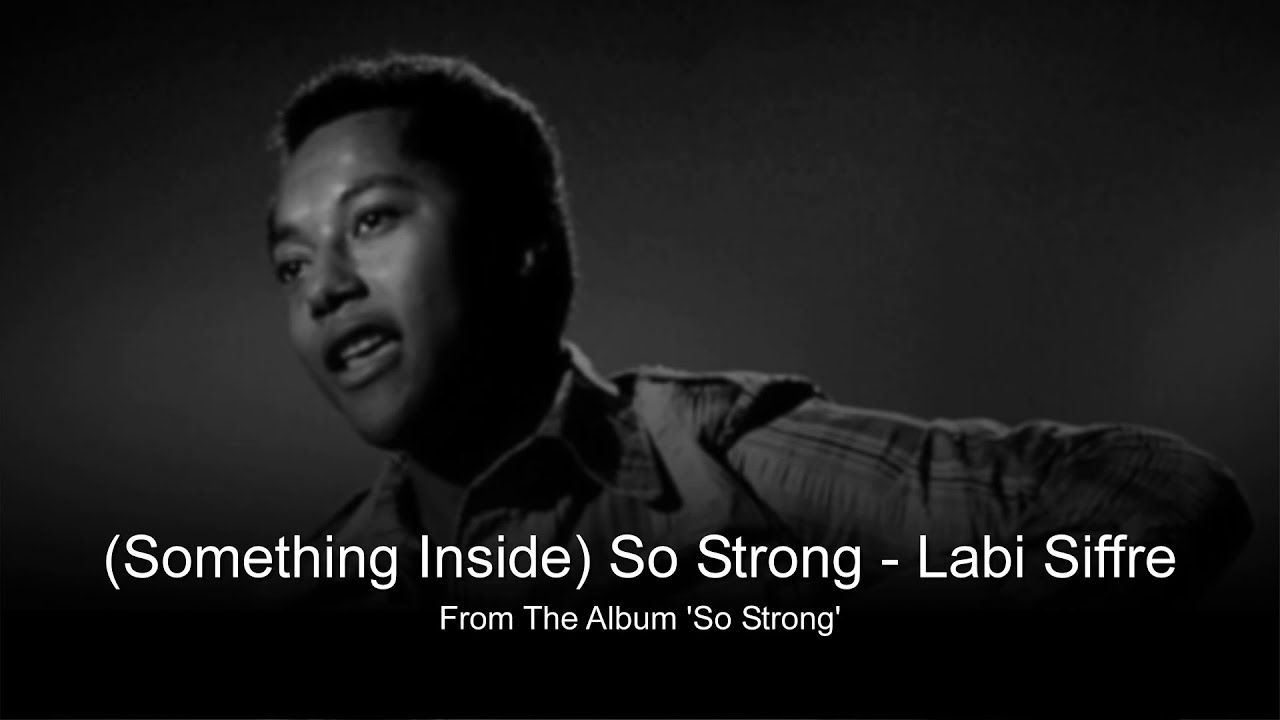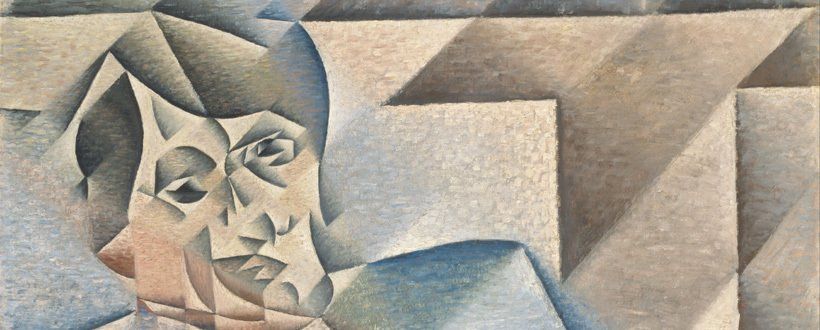ToK Essay Prescribed Titles May 2024 Prompt 1
Subjectivity is at the heart of knowledge...
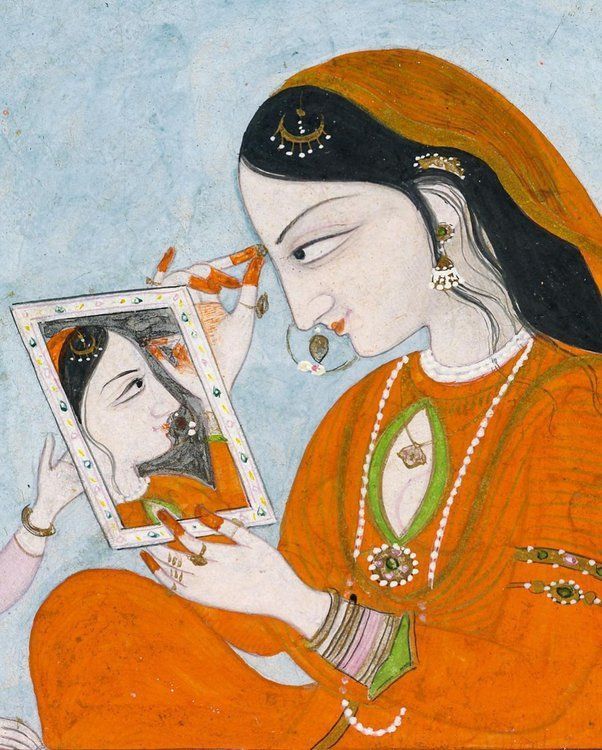
Human beings are at the centre of the knowledge universe. This is why in your TOK studies everyone explores the ‘Core Theme’. Figure 3 pictures ‘Me as a knower and thinker’. Anyone who pursues knowledge, whether an expert or not, will at some point have to reflect on the fact that there are various factors, both internal and external, which either promote or constrain their endeavours.
Human minds are driven by subjective biases – the internal constraints. However, they are also driven by curiosity and imagination – the internal triggers for creativity and problem solving. The clichéd example of Einstein comes to mind. Individuals and groups are also subjectively influenced by reputation, money, political ideals – the external constraints. However, they are also influenced by institutional and ethical frameworks which create a space for collaborative and productive work. The evolution of Microsoft Corp comes to mind.
Let’s look at this dynamic in relation to the Arts and History and how subjectivity can be ‘overly celebrated’ or ‘unfairly condemned’ in pursuing knowledge.
Subjectivity in the Arts is undeniably overly celebrated, often leading to the elevation of works that lack clear artistic merit. An illustrative example of this can be found in the ‘Untitled’ sculpture by Maurizio Cattelan, a piece consisting of a banana duct-taped to a wall, which generated significant buzz in the art world. While some may argue that it’s a profound commentary on consumerism, the sheer subjectivity surrounding its interpretation obscures the fact that it's essentially a banana duct-taped to a wall. Such instances highlight how subjectivity can sometimes be used to justify and celebrate what might otherwise be dismissed as trivial or gimmicky, detracting from the genuine artistic endeavours that demand more rigorous scrutiny.
Conversely, subjectivity in the Arts is unfairly condemned, stifling artistic creativity and diversity. Take the works of Yoko Ono, a pioneering artist whose avant-garde pieces often provoke strong reactions. Critics have sometimes dismissed her art as nonsensical or pretentious, but her subjectivity and willingness to challenge established norms have pushed the boundaries of art and encouraged viewers to engage in new ways. Her performance art and conceptual works, such as ‘Cut Piece’, in which she invited the audience to cut away her clothing, are prime examples of how subjectivity can be a powerful tool for sparking dialogue and challenging societal norms. Condemning such subjectivity limits the evolution of Art and fails to acknowledge its capacity to challenge the status quo and provoke essential discussion
On the one hand, subjectivity in History is often unfairly condemned, as it can generate valuable insights and perspectives that broaden our understanding of the past. Consider the works of Natalie Zemon Davis, a historian known for her book The Return of Martin Guerre. While some critics argue that Davis's approach is overly subjective and speculative, her meticulous research into the life of Martin Guerre, a 16th-century French peasant who assumed another man’s identity, offers a nuanced exploration of identity, society, and the historical context of the time. Davis’s subjectivity sheds light on the complexities of historical events and individuals, emphasising the importance of diverse perspectives in enriching our comprehension of the past. Condemning subjectivity in historical scholarship risks perpetuating a one-sided, exclusionary view of History, ultimately limiting our ability to learn from the past.
On the other hand, subjectivity is overly celebrated in History when it leads to the distortion or romanticisation of historical events or figures. For instance, the uncritical celebration of
Thomas Carlyle, a 19th-century historian, as a great thinker often overlooks his troubling views on race and his advocacy for authoritarianism. By celebrating Carlyle without acknowledging the full complexity of his ideas and their impact, subjectivity can perpetuate a misleading view of History. It’s crucial to strike a balance between embracing diverse, multiple perspectives and ensuring that historical accounts remain grounded in factual evidence and a nuanced understanding of the past, rather than being excessively influenced by subjective interpretations.
How might these arguments develop? What overall position do you take and why?






